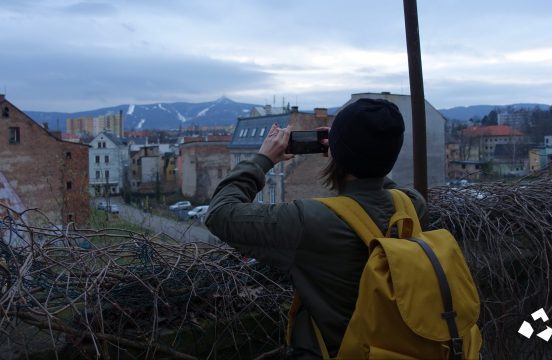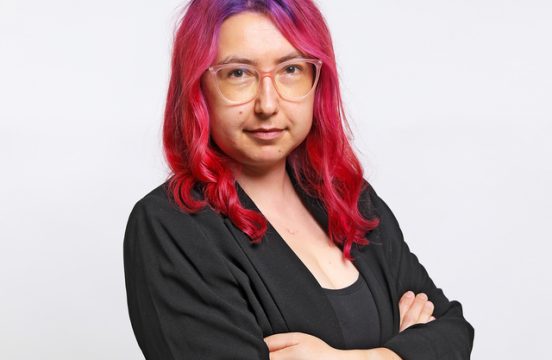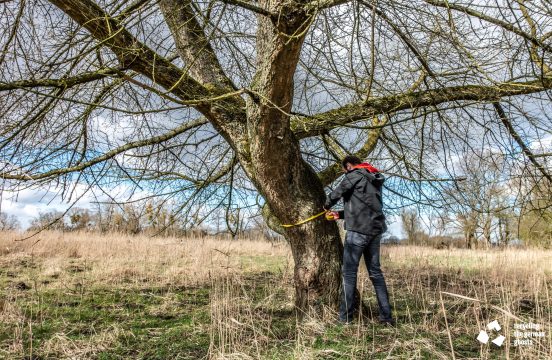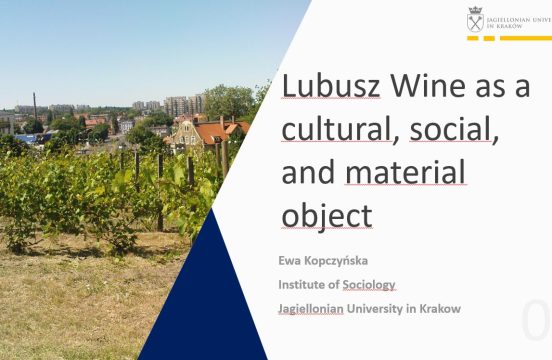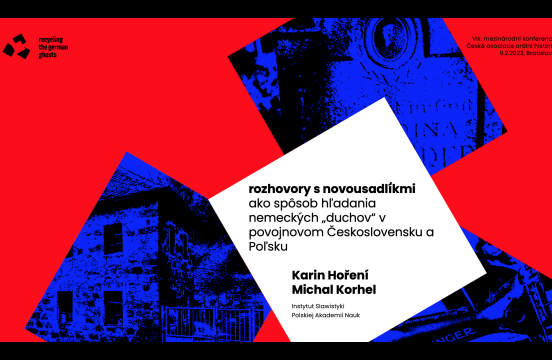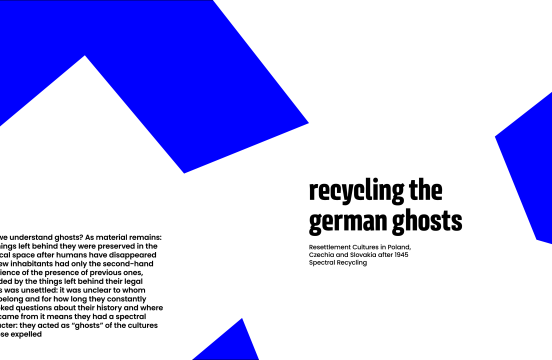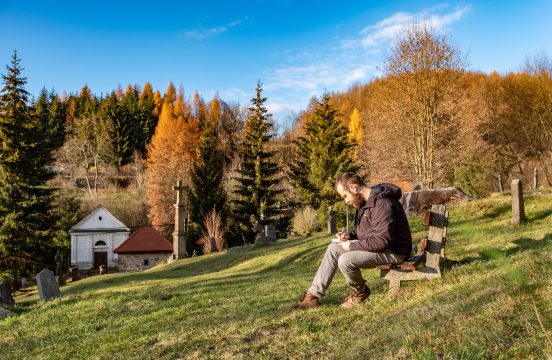The Spectral Recycling Team had a fruitful second in-person meeting in Liberec, Czech Republic, from April 30th to May 3rd, 2023. The meeting was an opportunity to share the results of their recent fieldwork in different regions, as well as to discover the rich and complex history of Liberec and its surroundings. It was especially interesting since one of the team members, Karina Hoření, is carrying out Czech part of her fieldwork exactly in Liberec.
In the past, Liberec (also known in German as Reichenberg), was one of the most important industrial centers of the Austro-Hungarian Empire and later of Czechoslovakia. Since it was located in the so-called Borderlands, inhabited mostly by the German-speaking communities, it was an important city to local Germans as well. Moreover, it was home to several influential families of industrialists, such as the Liebiegs and the Ginzkeys, who left their mark on the city’s architecture, economy and culture. The team visited some of the sites related to these families, such as the old Waldvilla, once owned by Heinrich von Liebieg and later used as a hospital for tuberculosis patients; the former carpet factory of Ignaz Ginzkey, who revolutionized the carpet industry by using wool waste and steam power; and the cemetery where members of the Porsche family are buried.
The team also learned more about the spectral character of this region, which has been shaped by multiple waves of migration, expulsion and resettlement. They followed the traces of the German-speaking population that was largely expelled after World War II and whose presence is still visible in the cityscape. They also encountered some examples of recycling practices left by the new inhabitants. They witnessed how some buildings, objects and symbols have been reused, repurposed or reinterpreted over time, creating new meanings and memories.
The meeting was a valuable experience for the team members, who gained new insights and perspectives on their research topics. They also strengthened their bonds as a team. They are looking forward to their next meeting and to continuing their work on uncovering the spectral aspects of post-displacement regions of Central Europe.










